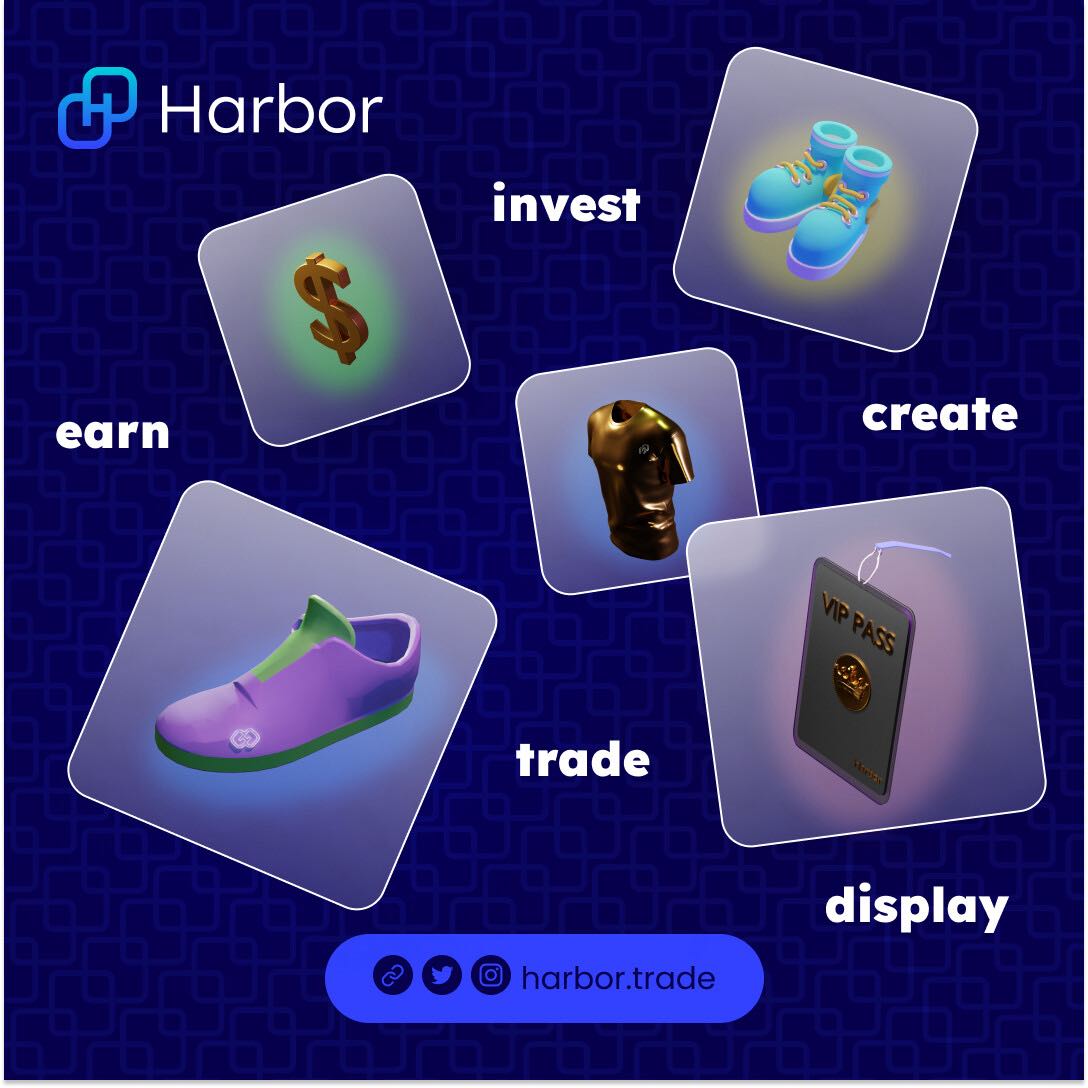Web 3.0 is a new Internet technology that combines artificial intelligence, machine learning, and blockchain technology to allow for real-time human contact. Individuals will also be able to own and administer their data and get compensated for their online activity, thanks to Web 3.0. Also, Web3 allows previously centralized products to adopt cooperative governance structures.
Web 3.0 is dominated by technological advancements such as cryptocurrencies and NFTs (non-fungible tokens), which reflect ownership within decentralized networks. Consider the recent frenzy surrounding NFTs, which change ownership of a specific type of assets, such as cryptocurrencies, to various other virtual assets ranging from artworks, GIFs, memes, and tweets.
As a result, many investors and brands have turned their focus to this fast-growing space. Aside from making a profit, NFT projects are also becoming a viable platform where brands can connect. Incredibly, there are many brands helping entrepreneurs impact the market.
Harbor is an NFT platform set to deliver the ultimate Web3 marketplace. The platform allows anyone to customize their profile and begin building their digital legacy. Compared to Opensea’s 2.5% fee, Harbor’s marketplace claims a 2% fee that is then pooled and given back to users.
Along with many other features such as custodial wallets, integratable apps, and smart-contract features, Harbor proves to be a very promising marketplace to watch. Entering a market surrounded by much excitement, Harbor aims to make onboarding NFT users an easy and enjoyable experience at its core. It’s a platform developed by experienced traders for traders.
Harbor believes that the current state of NFTs is not what the future holds. Future NFTs represent ownership, verification, and community. NFTs are a new technology that changes the way investors think about digital property.
Previously, no public and open-source identification existed in the early internet protocols. This was a significant omission, opening up the space for Web2 platforms like Twitter and Facebook to monopolize that layer. However, Web3 believes that you always possess your own online identity and only expose portions of it when you choose to. In practice, an Ethereum identity is pretty simple. Consider it a container that can have claims attached to it.
Essentially, NFTs have made it possible to establish who owns what and can also give you the right to do certain things if you own a specific NFT. This creates a community behind a project, giving businesses the golden opportunity to create a stronger Web3 presence.
The biggest challenge for the Harbor team is that the NFT world has been polluted with scams, rug pulls, and low-quality items. This has significantly degraded the general view of NFTs, which affected their uptake. NFTs need to be relevant and provide value, which Harbor aims to do by making it easy to create your NFT profile, interact with others, and more.
With a mission to connect and invite more traders to explore the NFT world, Harbor is positioning itself in a central position where brands can host their digital assets and communities, providing value to all involved.
Advertising disclosure: We may receive compensation for some of the links in our stories. Thank you for supporting LA Weekly and our advertisers.

